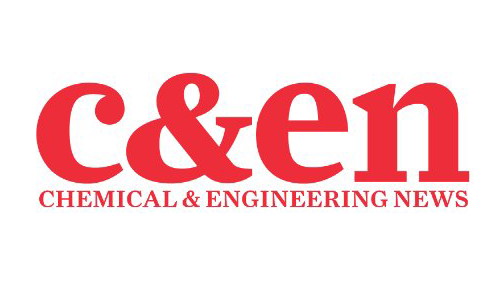US State of the Union disappoints science advocates

US President Donald J. Trump nodded to science and women in his second State of the Union speech on Feb. 5 and provided a glimpse of his administration’s priorities related to energy, trade, and health care. However, he gave scarce details of how those priorities will translate to action—and he did not commit to more funding for research and innovation. Tensions between Republicans and Democrats were high during the speech, which was delayed by one week because of the government shutdown. The President urged members of Congress to reach a deal on border security by Feb. 15 to avoid another shutdown.
Trump eased tensions a bit by giving a shout out to women in the workforce and all the new women in Congress. Women “filled 58 percent of the newly created jobs last year,” he said. “And exactly one century after Congress passed the constitutional amendment giving women the right to vote, we also have more women serving in Congress than at any time before.”
The President also proudly announced that the US is the top oil and natural gas producer in the world. “And now, for the first time in 65 years, we are a net exporter of energy,” Trump noted. He did not mention climate change, which a report issued by the US government late last year says will harm the US economy if it is not curtailed.
Trump pledged to work on a new trade deal with China, a move that will likely be welcomed by the chemical industry. He also highlighted a revamped trade agreement between the US, Mexico, and Canada that, he claimed, would increase manufacturing jobs in the US, expand American agriculture, and protect intellectual property.
The President also committed to eliminating HIV/AIDS in the US within ten years. In addition, he pledged $500 million over ten years to develop new treatments for childhood cancer. The administration is expected to provide more details about the efforts when it releases its proposal for fiscal 2020 government funding the week of Mar. 11.
Advocates for scientific research are worried that the President did not commit to funding other areas of science. “The president and Congress must do more than acknowledge the vast return on research: they must fuel it,” Mary Woolley, president and CEO of Research!America, said in a statement.
“Given the critical role US research and innovation investment plays in driving economic growth, creating jobs and ensuring US global competitiveness, it was very disappointing not to hear the President outline a commitment or plans to ensure it will be a priority now and in the future,” said Glenn Ruskin, vice president of external affairs and communications at the American Chemical Society, which publishes C&EN.




